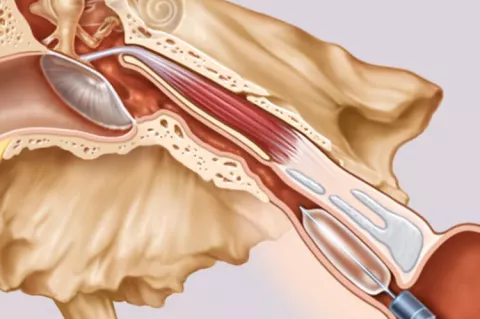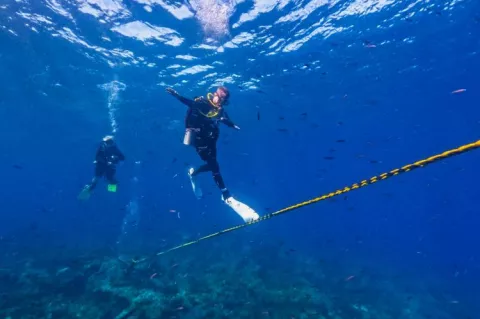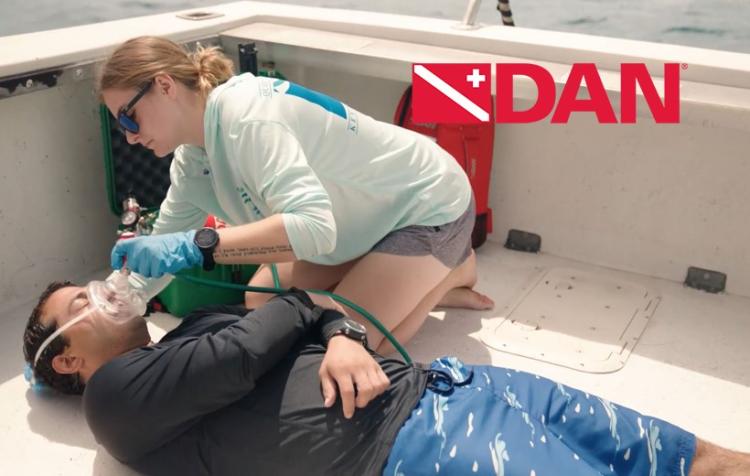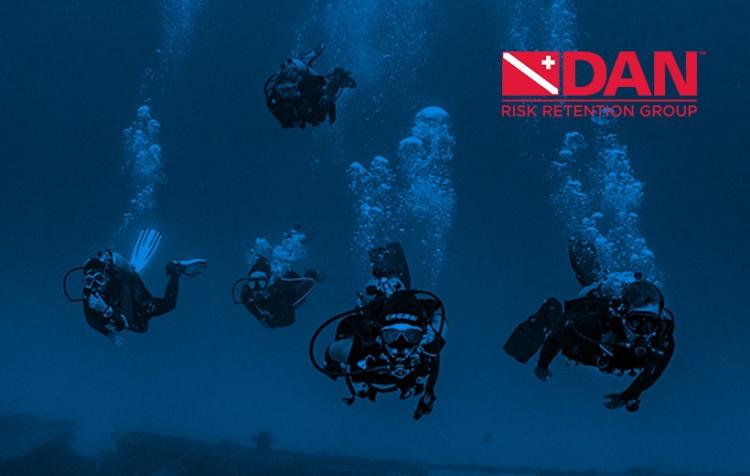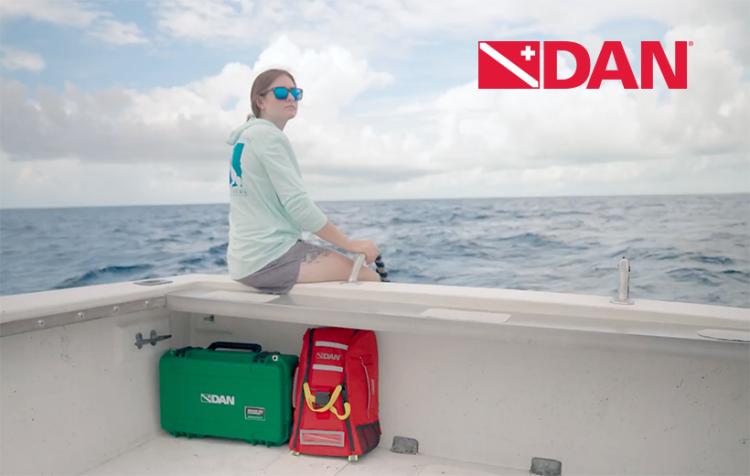Equalising Ears: Eustachian Tube Balloon Dilation
It can be devastating to your diving career if you are unable to equalise or have a lot of trouble doing so. The underlying cause may be a narrow Eustachian tube, which connects the middle ear to the pharynx. Fortunately, this can be treated. Peter Symes reports.

